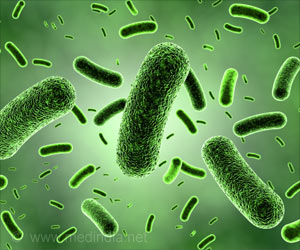
"This suggests that nicotine replacement therapy is probably safe and is certainly safer than smoking."
There is a subset of smokers who will need to stay on nicotine replacement therapy longer in order to appease addiction, according to Dennis. However, expanding the use of this therapy is controversial. Research to date has linked nicotine to cancer in various ways, including laboratory studies that indicate nicotine promotes the growth or spread of tumor cells or that it helps transform normal lung airway cells into cancerous cells, according to Dennis.
Therefore, the researchers conducted a study in mice to determine if nicotine had any tumor-promoting effects. Three groups of mice were administered nicotine in drinking water for up to 12 weeks.
In the first group, the mice were administered three weekly injections of NNK, a known tobacco carcinogen, prior to receiving nicotine. The second group of mice was genetically engineered to have activation of the KRAS oncogene, which is frequently mutated in lung cancers derived from smokers. The third group was made up of mice that were given cell lines derived from mouse lung cancers.
The researchers found that all the mice had normal water consumption. Cotinine, a metabolite of nicotine, was found to be at a level that is comparable to levels found in nicotine replacement users.
Advertisement
"Nicotine did not increase tumor incidence, multiplicity or size."
Advertisement
"Based on our study and human epidemiological studies to date, nicotine replacement therapy is probably a safe option," he suggested.
The study has been presented at the AACR 102nd Annual Meeting 2011, held here April 2-6.
Source-ANI














